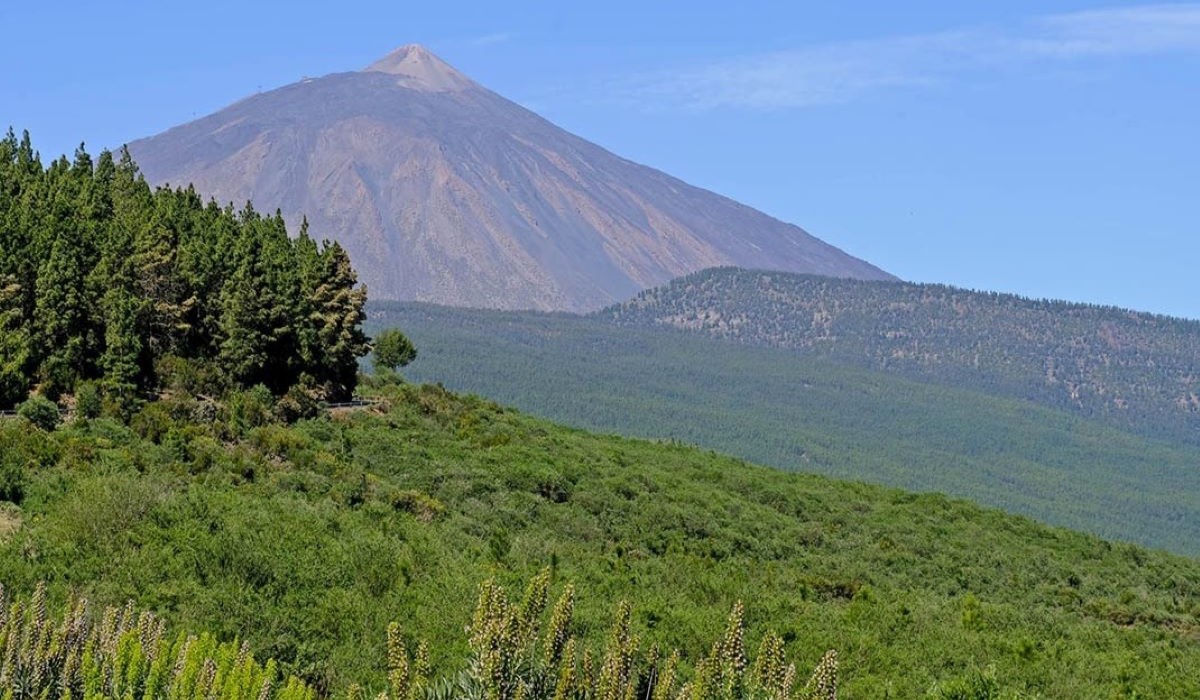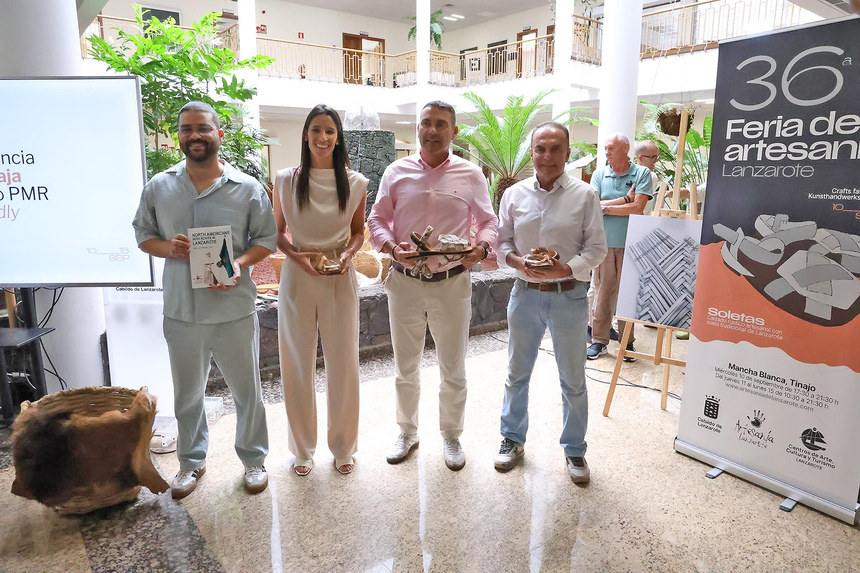Canary Agency Fines Two Companies for Environmental Violations in Lanzarote

The Canary Agency for the Protection of Natural Resources (ACPMN) has sanctioned two companies for polluting in two municipalities on Lanzarote. In total, they will face fines of up to €5,000.
One of the companies will have to pay a €5,000 fine for discharging waste into the sea in Arrecife. Additionally, another company from Teguise will have to pay €3,000. As a result, the island’s most popular beaches are also impacted by wastewater discharges.
According to sources from the Canary Agency speaking to La Voz, these sanctions are not against the company responsible for managing the water cycle in Lanzarote, Canal Gestión, which oversees most of the recorded discharge points on the island, but rather against other companies whose names have not been disclosed.
Between 2023 and 2024, the ACPMN has opened a total of 13 cases related to sea discharges in five of the island’s seven municipalities. Of these, only two have completed their processing, amounting to sanctions totalling €8,000.
Consequently, the municipality with the highest number of ongoing cases is Yaiza, with four pending resolutions. Following this southern municipality is the capital of Lanzarote, Arrecife, which has three ongoing cases, along with Teguise, also with three. Additionally, there are two more sanctioning cases, one in Haría and another in Tías.
A Total of €8,000 in Fines
These sanctions for unauthorized discharges into the sea led to more sanctioning cases being opened in 2023, with eight investigations initiated, compared to five in 2024.
The Canary Agency for the Protection of Natural Resources has the authority to














